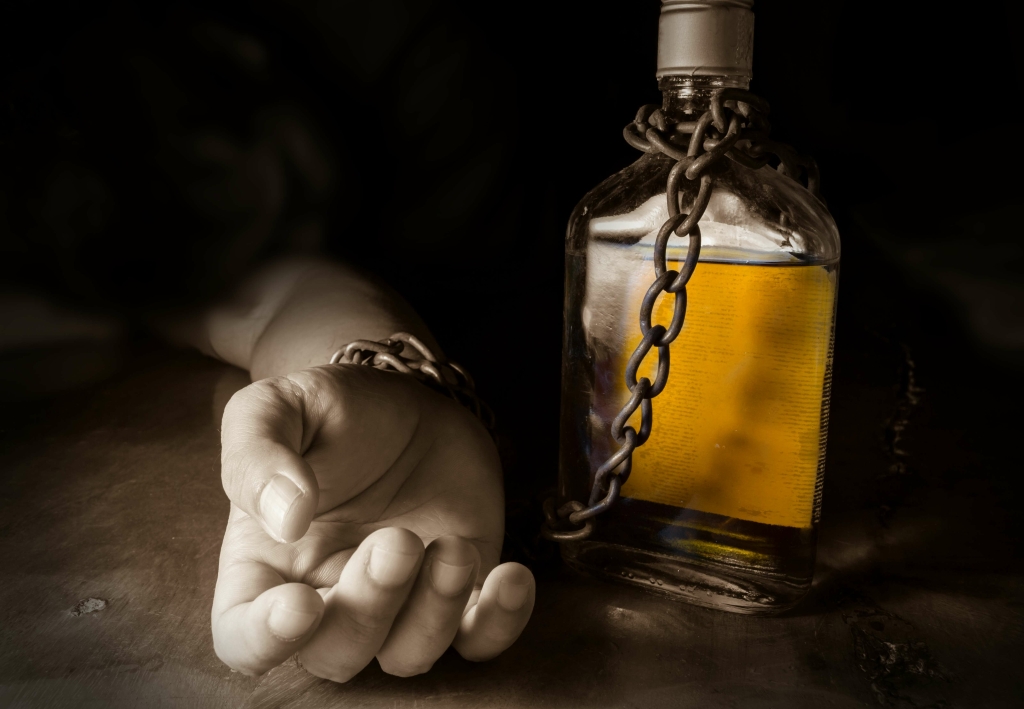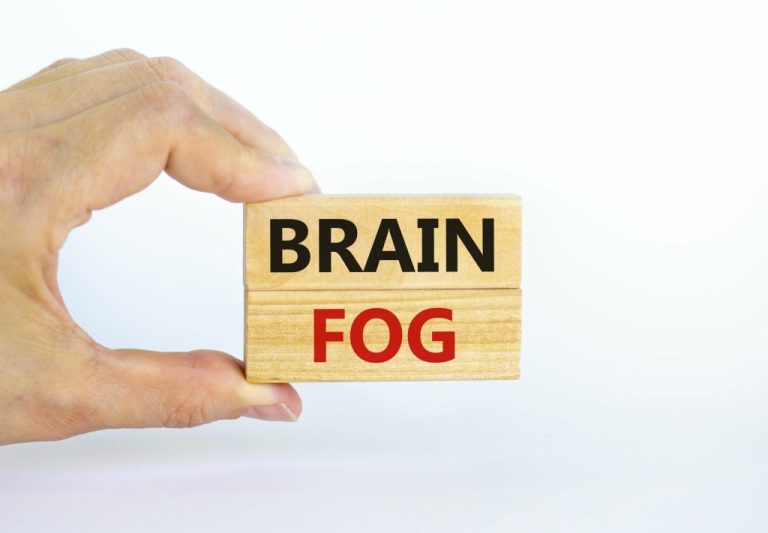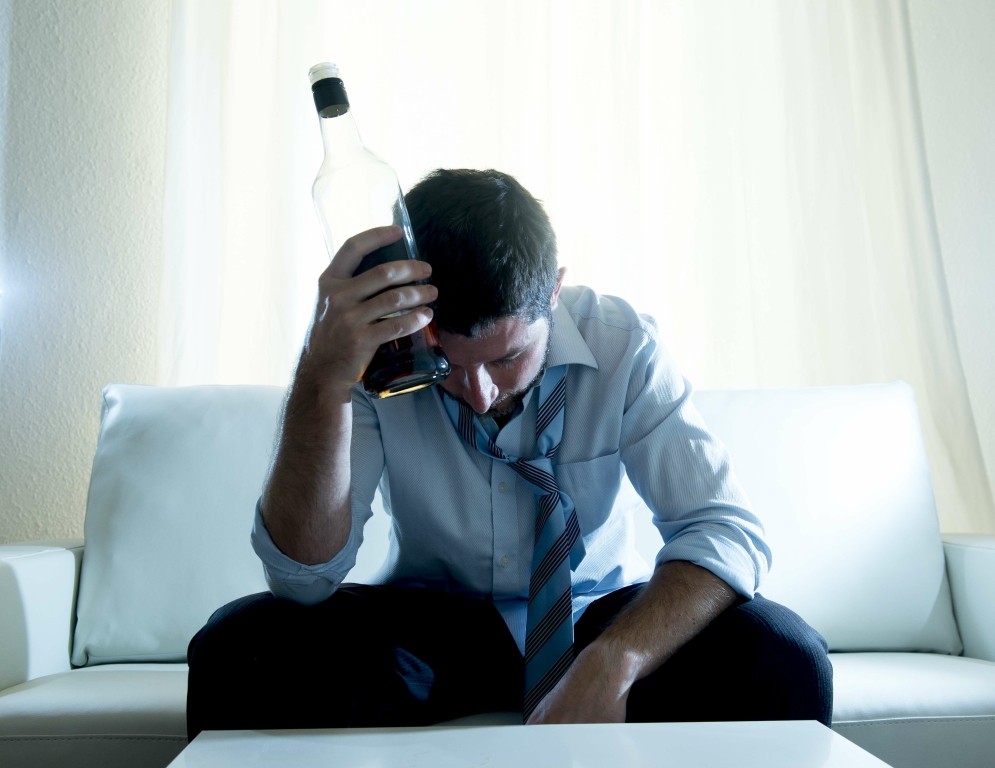For motivation, people should surround themselves with positive influences and supportive networks. Sober support communities offer resources such as success stories, inspiring quotes, and shared experiences. Being of service to others in recovery can also foster a sense of purpose and strengthen one’s commitment to sobriety.

It also addresses the shift away from abstinence-only addiction treatment perspectives toward client-centered approaches that enhance motivation and reduce risk. In conclusion, motivation is a dynamic, vital component of addiction recovery. It stems from internal desires, reinforced by external supports, and can be cultivated through intentional strategies.
It creates a powerful network of support, exchanges stories and strategies, and offers practical advice and emotional support. It strengthens one’s own commitment to recovery, and helps reduce stigma and recovery motivation promote understanding in society. Overall, overcoming challenges and triggers in recovery needs perseverance, self-reflection, a strong support system, effective coping strategies, resilience building, and learning from setbacks.
Whether through friends, family members, support groups, or professional counselors, seeking assistance from trusted individuals can help. Connecting with others who comprehend the challenges of recovery can create a sense of community and decrease feelings of isolation, thereby enhancing motivation along the way. In summary, the verbatim accounts show that participants appear to use drugs as an alternative solution to alleviate negative emotions and regain a positive sense of connectedness.
Most of the patients in these studies were not alcohol dependent and were treated either in primary care or substance-abuse treatment settings. The researchers calculated and compared the studies’ amphetamine addiction treatment effect sizes.1 When the researchers compared pretreatment and posttreatment drinking, they found that brief interventions effectively reduced drinking and yielded high average-effect sizes. In addition, when they compared brief-intervention patients with control group members, who were initially surveyed about their alcohol use but did not participate in a formal intervention, the strength of the effect of the intervention was reduced. This outcome indicates that merely asking people about their drinking and related behaviors may prompt some of them to reduce their drinking. A possible explanation is that increasing self-awareness of problematic drinking patterns by itself may be a motivating factor in changing drinking patterns.

According to the NIH, relapse after addiction recovery treatment happens to up to 70% of people within 90 days. Early recovery presents numerous challenges, including intense cravings and psychological distress. Likewise, NM3 explained that “as I grew up in that place, and all the people around me are the same type of people, it’s easier for me to access drugs…they’re my friends whom I’ve known since I was young. ” As they still had contact with drug-taking friends, even if they wished to quit drugs, it was not easy for them to get out of such peer groups and persist with their wish to quit drugs.

The importance of concentration, resilience, and gradual progress cannot be overstated. Lastly, keep in mind that sustained motivation can contribute significantly to overcoming dependency issues. A high level of self-awareness may help prevent memory lapses, which can sometimes create a misguided perception of control over one’s addiction. Whether it’s self-help books or literature that encourages growth, reading nurtures the mind and uplifts the spirit.
The emotional turmoil of confronting past traumas without the numbing effects of substances can be overwhelming. Mental health shouldn’t be neglected as it’s an integral part of the recovery process and can affect overall outcomes. Family involvement can offer emotional support and can positively influence recovery outcomes.
During addiction recovery, individuals have little time to prioritize self-care. However, it is not something that should be optional but rather imperative. For a person struggling with drug abuse, taking care of themselves can improve their level of motivation throughout their recovery journey. That is why we at SARC provide customizable residential and outpatient treatment programs tailored to ensure that every client has a safe, welcoming, and comfortable experience. In fact, we offer both evidence-based and holistic therapies, along with a 12-step program, paying close attention to the patient’s physical, mental, and emotional well-being. From detox to aftercare, our caring staff helps every client find motivation for addiction recovery.
On the other hand, motivation and self-regulation researchers have largely ceased addressing addiction and stopped short of extending their theories and empirical work to addictive phenomena. Your path to recovery deserves unwavering support, guidance, and expertise. At Del Arroyo Recovery Center, we’re here to walk beside you every step of the way. Whether you’re just beginning or looking to strengthen your commitment, let’s tackle the journey together. Setting short-term goals, such as attending therapy sessions or journaling regularly, can create a sense of immediate accomplishment.
Maintaining motivation requires intentional effort and effective strategies. Breaking down recovery into small, manageable steps and celebrating each milestone fosters ongoing achievement. Motivation in recovery is deeply intertwined with emotional states; thus, recognizing and managing these dynamics is pivotal for fostering long-term sobriety. Find rehab for yourself or a loved one by speaking with a treatment provider. The following sections will delve deeper into each of these areas and https://dev-midway12.pantheonsite.io/alcohol-and-sickness-intolerance-signs-causes-and-3/ provide actionable strategies you can apply immediately.